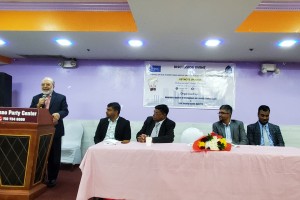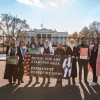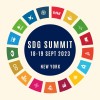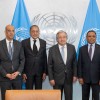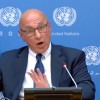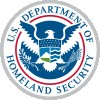Humanitarian Crises in Niger and Sudan Escalate as Millions Remain in Dire Need

The UN Office for the Coordination of Humanitarian Affairs (OCHA) and its partners reaffirm their commitment to aiding the most vulnerable people in Niger. However, concerns arise as the country faces potential sanctions and suspensions of financial aid, which could have severe consequences for the population.
UNHAS (United Nations Humanitarian Air Service) organized special flights to Diffa, Tahoua, and Agadez, allowing humanitarian staff to reach those in need with authorization from de facto authorities. Humanitarian operations remain ongoing and road movements have been authorized, ensuring assistance can be delivered to affected regions.
Despite the efforts, about 4.3 million people in Niger, primarily women and children, still require urgent humanitarian aid to survive. OCHA emphasizes the importance of all parties respecting humanitarian principles and providing unrestricted access to humanitarian workers to assist those in need.
The situation in Sudan has reached a critical point, with hunger and displacement intensifying due to ongoing conflict. According to the Integrated Food Security Phase Classification (IPC), over 6 million people, constituting around 13% of the population, are now on the brink of famine.
A staggering 20 million people across Sudan face high levels of acute food insecurity due to the combined impacts of conflict, economic decline, and mass displacement. The crisis has led to more than 334,000 people being internally displaced in just one week, as reported by the International Organization for Migration (IOM).
Since the beginning of the war, over 3 million people have been displaced within Sudan's borders, while more than 855,000 have fled to neighboring countries seeking refuge, as stated by the UN Refugee Agency.
The situation demands urgent attention and humanitarian assistance to prevent a catastrophe in both Niger and Sudan. International cooperation and support are crucial to alleviate the suffering of millions of vulnerable individuals affected by these crises.

















